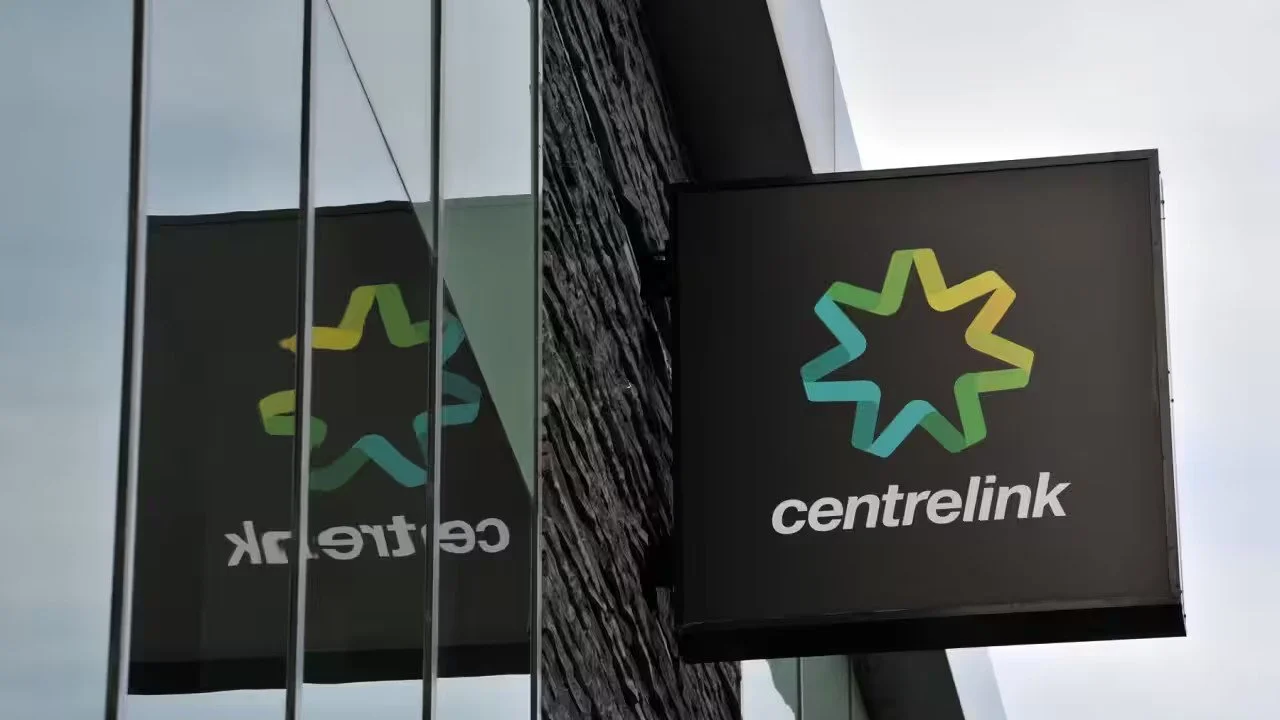Changes to Centrelink Deeming Rates
By Luke Kidd
Recently, the Australian Government announced that some important changes to deeming rates will take effect on the 20th September 2025. If you are receiving an income support payment from Centrelink such as an age pension, disability support payment, jobseeker payment or hold a Commonwealth Seniors Health Card, this may affect your benefit.
What Are Deeming Rates?
Deeming rates are used by Centrelink/DVA to estimate the amount of income earned from financial assets (such as bank accounts, shares, and managed funds) when assessing eligibility for income support payments like the Age Pension. These rates affect how much income is "deemed" to be earned, which in turn can impact your payment entitlements.
What is changing?
After being frozen at historically low levels for the 5 years since the COVID-19 pandemic, deeming rates will now begin returning to more normal levels:
Lower deeming rate: Will increase from 0.25% to 0.75% on financial assets up to:
$64,200 for singles
$106,200 for couples (combined)
Upper deeming rate: Will increase from 2.25% to 2.75% for financial assets above these thresholds (1).
Example: How This Affects a Pensioner
Let’s say a single pensioner has $250,000 in financial assets.
The first $64,200 is deemed at 0.75% = $481.50
The remaining $185,800 is deemed at 2.75% = $5,109.50
Total deemed income = $5,591 per year or $215 per fortnight
This is an increase of $1,250/pa compared to the previous rates
This deemed income is used in the income test to determine pension eligibility. If the pensioner’s pension was paid under the income test under the lower deeming rates, this increase could potentially reduce their fortnightly Age Pension payment.
Why the Change?
The freeze on deeming rates was a temporary measure to support retirees during economic uncertainty. With inflation easing and investment returns improving, the Government is now adjusting rates to better reflect current economic conditions. This adjustment is expected to improve the Government's deficit by $1.8 billion (2)
Future Deeming Rate Adjustments
From now on, the Australian Government Actuary will provide independent advice on deeming rates. This is a step toward a more transparent and evidence-based approach to setting rates rather than a decision dictated by the politics of the day (3). Future increases to deeming rates may take place in March and September each year, subject to the Government Actuary’s advice (1).
Historically, deeming rates have been correlated with the RBA cash rate. However, the post COVID-19 freeze has kept deeming rates at depressed levels, even as the cash rate increased dramatically (fig 1). As of August 2025, the RBA cash rate is 3.60%, meaning the new upper deeming rate of 2.75% still remains relatively low (4). If we consider that a typical “Balanced” (41-60% Growth assets) super fund has returned 6.6% over the last 5 years (5), Centrelink have only assessed a fraction of this income over the period that deeming rates were frozen. Going forward however, if the Government Actuary’s advice is to be “guided by the returns that pensioners and other payment recipients can reasonably access on their investments” (1); we may expect future increases to deeming rates if the cash rate remains elevated and investment markets continue to perform well.
Everyone’s Situation Is Unique
While the changes to deeming rates may affect some pensioners and income support recipients, not everyone will be impacted. The effect of deeming rate changes depends on your individual circumstances, including:
The type and amount of financial assets you hold
Any other assessable income you receive
Whether you’re assessed under the income test or assets test
Because these factors can vary significantly, it’s important to remember that deeming rate changes don’t automatically mean a reduction in payments.
How a Financial Adviser Can Help
A qualified financial adviser can:
Assess how the deeming rate changes may affect your entitlements
Help you understand your Centrelink assessment
Develop strategies to manage your financial assets more effectively
Ensure your retirement income remains stable and aligned with your goals
If you have questions about how these changes may affect your Centrelink entitlements or financial strategy, please don’t hesitate to contact us.
References
Changes to social security payments from September 20 – Tanya Plibersek MP
A key measure used to calculate age pension payments is changing – The Conversation
Luke Kidd in an authorised representative of Alliance Wealth Pty Ltd. (AR: 001242685)



